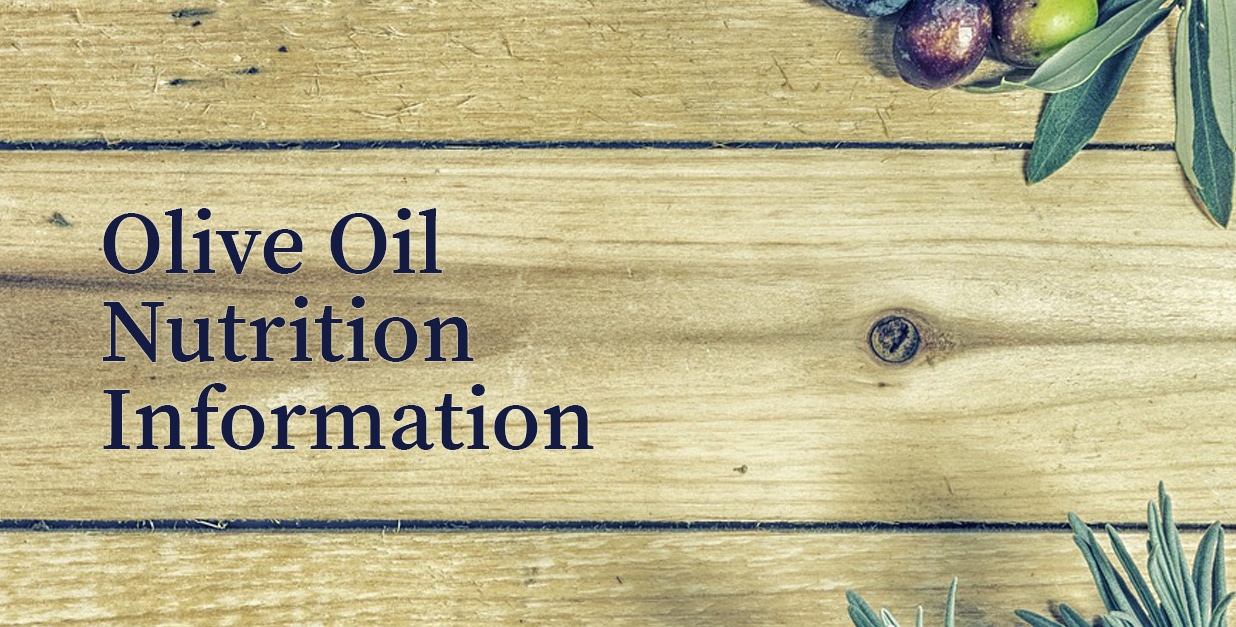Olive oil is often linked to a healthier lifestyle, and consuming a small quantity of olive oil on a daily basis can have positive long-lasting effects on your health. Olive oil helps reduce coronary diseases, has natural anti-inflammatory properties, and helps boost the immune system.
Olive oil is 100% free of proteins, carbs, and cholesterol but is high in calories (119 kcal per tablespoon) due largely to its relatively higher levels of fat (13.5 grams per tablespoon). But don’t be fooled by this fact: 75% of this fat is actually good for you! As long as you integrate a reasonable amount of olive oil into your daily diet, the health benefits of olive oil largely outweigh the negatives.
Olive oil health benefits
Not all fats are bad for your health. Saturated fats are the true enemy, as they increase the risk of cardiovascular disease along with other health concerns. Monounsaturated fats, on the other hand, are known as “good fats” and are prime components of EVOO and VOO. In fact, 75% of fats found in olive oil are monounsaturated fats.
In our recent article with 14 facts about olive oil, we mentioned a study conducted from 1990 to 2014 and published in March 2020 that found that “those who ate more than half a tablespoon of olive oil each day had a 15% lower risk of having any kind of cardiovascular disease and a 21% lower risk of coronary heart disease.”
A diet rich in extra virgin (EVOO) or virgin (VOO) olive oil has a positive effect on the arteries, is known to reduce the level of cholesterol, reduces hypertension, prevents arterial thrombosis, helps to prevent diabetes, has a number of anti-inflammatory properties, and generates a large number of antioxidants that slow down ageing of the heart.
Olive oil table of nutrients
According to the United States Department of Agriculture website, one tablespoon (13.5 grams) of olive oil represents 119 kcal in energy and contains the nutrients listed in the table below.
| Nutrient | Quantity | % Daily Value |
|---|---|---|
| Total Fat | 13.5 g | 21% |
| – Saturated Fat | 1.86 g | 9% |
| – Polyunsaturated Fat | 1.42 g | |
| – Monounsaturated Fat | 9.85 g | |
| Cholesterol | 0 mg | 0% |
| Sodium | 0 mg | 0% |
| Potassium | 0 mg | 0% |
| Total Carbohydrate | 0 g | 0% |
| – Dietary fiber | 0 g | 0% |
| – Sugar | 0 g | 0% |
| Protein | 0 g | 0% |
Note that all values listed in the right-hand column are daily percentages based on a 2,000-calorie diet, the amount of calories an average adult needs to consume daily. According to the 2015-2020 Dietary Guidelines for Americans, women need between 1,600 and 2,400 calories a day while men need between 2,000 and 3,000 calories. A full version of the table above can be found on the United States Department of Agriculture website.
Understanding the benefits of Vitamins E and K
Although low in most types of vitamins, olive oil contains moderate levels of vitamins E and K. Vitamin E is a fat-soluble nutrient (source) that acts as an antioxidant. It helps protects cells in our body from “free radicals,” elements which are created as a result of food being broken down into energy during the digestive process. Ultraviolet rays from the sun, cigarette smoke, and air pollutants are equally known as free radicals.
Vitamin E also helps boost the immune system and fight viruses and bacteria. A single tablespoon of olive oil provides 13% of the recommended daily intake for adults and teens aged 14 and above. A single tablespoon of olive oil contains 7 to 9% of the recommended daily intake of vitamin K for adults (source). Vitamin K is linked to bone health, cognitive health, and heart health.
Further information
If you would like more nutritional information on olive oil and the health benefits olive oil presents, we recommend the following websites:
- https://fdc.nal.usda.gov/fdc-app.html
- https://villablancaoils.com/olive-oil-health-benefits/
- https://www.medicalnewstoday.com/articles/266258#benefits
- https://health.gov/our-work/food-nutrition/2015-2020-dietary-guidelines/guidelines/
- https://italicaoliveoil.com/types-of-olive-oil/
- http://laespanolaoliveoil.com/olive-oil-guide/





